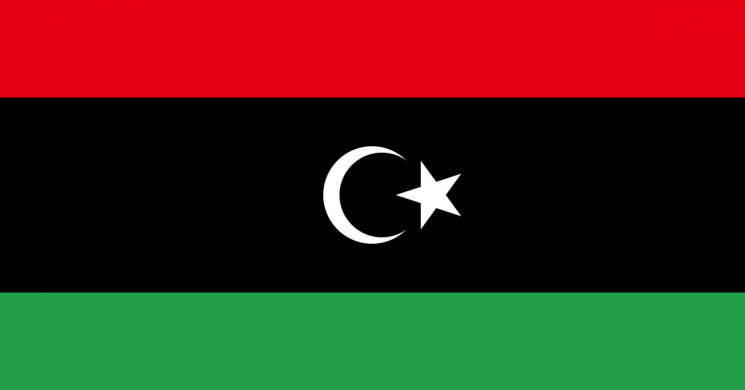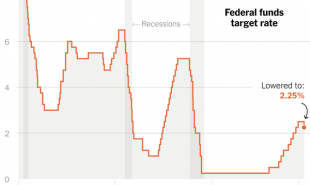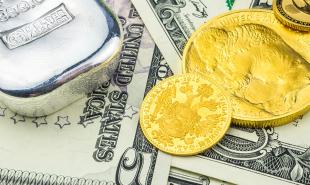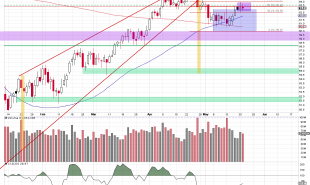
How to win business in Libya.
Author Matt Levine
In 2006, economic sanctions on Libya were lifted, and the country established a sovereign wealth fund -- the Libyan Investment Authority -- to invest its oil money. A giant pool of money appeared where there had been no pool of money before. Giant pools of money tend to attract banks, and Libya's was especially attractive. The LIA had no pre-existing relationships with banks, no web of favors that it already owed to longstanding advisers, no special expertise in sophisticated finance -- and just so much money. It was a blank page on which big international banks could write their own stories.
Obviously those stories ended with a lot of that money in the banks' hands. And there were some pretty scandalous passages. Goldman Sachs Group Inc.'s LIA story is the best-known; it involved Goldman (allegedly) entertaining LIA officials with dinners, musical theater, prostitutes and copies of "Liar's Poker." (Disclosure: I used to work at Goldman, and know some of the characters in the story.) Later it involved Goldman losing LIA's money, and an LIA official threatening to throw a Goldman banker out a window. Eventually Libya sued, claiming that Goldman had acquired undue influence over the naive LIA officials with all those dinners and prostitutes. But Goldman won, as a U.K. judge ruled that its efforts to cozy up to the LIA were just salesmanship, and didn't create any obligation for Goldman to protect the LIA from itself.
Société Générale SA's Libya story had some obvious similarities with Goldman's -- a period of relationship-building, followed by some weird derivative trades that were very lucrative for SocGen, followed by the LIA losing a lot of money on those trades, followed by a lawsuit -- but today it ended very differently:
Societe Generale SA agreed to pay 963 million euros ($1.05 billion) to settle a legal dispute with the Libyan Investment Authority over alleged bribery, averting a trial and prompting a surprise drop in profit.
Goldman ended up paying back Libya zero dollars of the $1.2 billion it lost; SocGen ended up paying back $1.05 billion of the $1.5 billion it lost. This seems to be the main source of the difference:
Where the Goldman lawsuit was about undue influence, the SocGen case is about bribery. At the center of the dispute is a $58 million payment made by the French lender to Libyan businessman Walid Al-Giahmi. About $24 million of that payment went to a single official that has been granted anonymity, according to the LIA’s court filings.
Of course those words -- "undue influence," "bribery" -- exist on a continuum. If you pitch derivatives to LIA officials in a conference room, and you serve sandwiches, that is regular -- kind of chintzy -- business. If you pitch them in a fancy restaurant, and pay for the food, that is also pretty normal, though, you know, check your expenses policy. If you pitch them in a brothel, then there will probably be a lawsuit, and the lawsuit will be very embarrassing for you, but you might win it. (Goldman did!) If your pitch consists of a suitcase full of cash, you're gonna lose the lawsuit. Some gifts are just the everyday kindnesses that grease the wheels of commerce, and some gifts create "undue influence," and some gifts are bribes.
The difference here is in part that Goldman sent its bankers to butter up the LIA, while SocGen hired a local businessman "for introductory services and market research," which is often code for "to pass along bribes." ("This is a complete exoneration of my client," says his lawyer about the settlement, though.) One lesson is that actually developing relationships with local officials can work pretty well, and leave you relatively immune to accusations of corruption, while hiring fixers as a substitute for those relationships can lead you into trouble. The way to develop relationships is with long tedious work, including, yes, a lot of fancy dinners and maybe some more unsavory entertainments. It can be tempting to look for shortcuts, but those shortcuts often end up being suitcases full of cash, and that rarely works out well.
Read more by Soren K.Group







